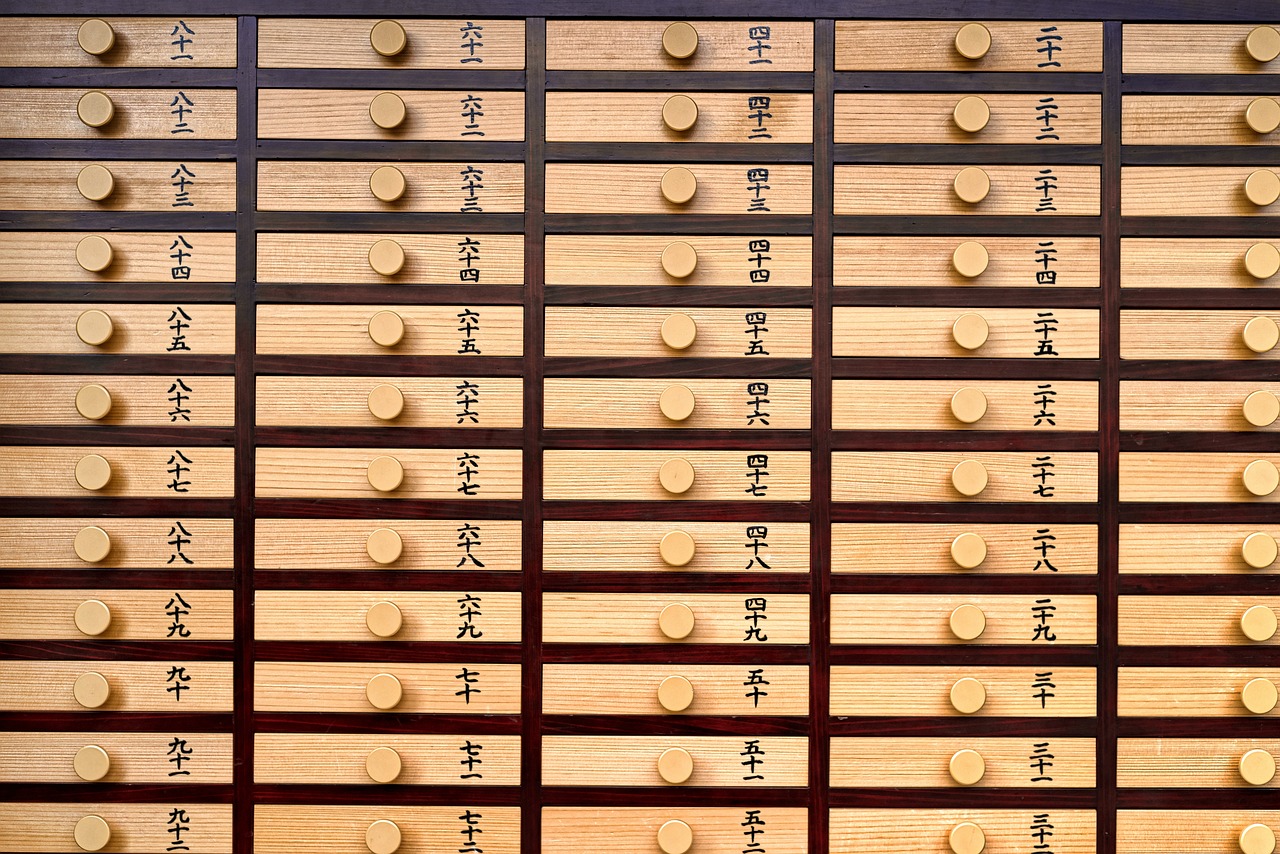Ancient Beginnings: Tracing the Origins of Lotteries

Lotteries have captivated human imagination for centuries, spanning various cultures and civilizations. From ancient China to the Roman Empire, the history of lotteries is a fascinating journey through time. In this blog, we embark on an exploration of the origins of lotteries and their evolution over the ages.
Ancient China: The Birth of Keno:
Our journey begins in ancient China, where the earliest recorded evidence of a lottery-like game known as “keno” can be found. Keno, which means “white dove ticket,” was created during the Han Dynasty around 200 BCE. The game was devised as a way to fund the construction of the Great Wall of China, which needed vast financial resources. Keno involved players selecting characters from a sheet, and winning numbers were drawn from a pot containing 120 Chinese characters.
Roman Empire: The Origins of Ticketing:
Lotteries also flourished in the Roman Empire, where they were used to raise funds for public projects such as the maintenance of roads, aqueducts, and the gladiatorial games. These lotteries were operated differently from the modern format we are familiar with today. Instead of choosing numbers, Romans would purchase tickets with pre-printed numbers on them, similar to the concept of raffle tickets. Winning numbers were then drawn, and the lucky ticket holders received various prizes and rewards.
Medieval Europe: Charitable Ventures:
During the Middle Ages, lotteries took on a different purpose in Europe. They were often organized as charitable ventures to help the less fortunate and fund public works. Notable examples include the Italian city-states of Genoa and Venice, where lotteries were established to support hospitals, orphanages, and other social institutions. The prizes often included lavish items, such as artworks, jewelry, and even properties.
The Rise of National Lotteries:
As Europe entered the Renaissance and the Age of Exploration, lotteries gained broader popularity. National lotteries emerged in countries like England, France, and the Netherlands. Authorized by governments, these lotteries generated revenue for public projects, military ventures, and infrastructure development. Notably, the English Crown initiated multiple lotteries to fund the establishment of British colonies in America.
Modern Lotteries:
Lotteries continued to evolve over the centuries, adapting to the changing times. With the advent of the Industrial Revolution and the technological advancements of the 20th century, lotteries transformed into the forms we are familiar with today. The introduction of numerical systems, random number generators, and intricate prize structures gave birth to state-sanctioned lotteries, including multimillion-dollar jackpots that captured the public’s imagination.
From its humble beginnings in ancient China to the grand national lotteries of modern times, the concept of lotteries has woven its way into the tapestry of human history. Whether driven by the need to fund public projects, support charitable causes, or fulfill the dreams of lucky winners, lotteries have left an indelible mark on civilizations across the globe. As we continue to embrace the excitement and anticipation of lottery games in the present day, let us reflect on the centuries of history that have shaped this timeless form of entertainment and aspiration.

